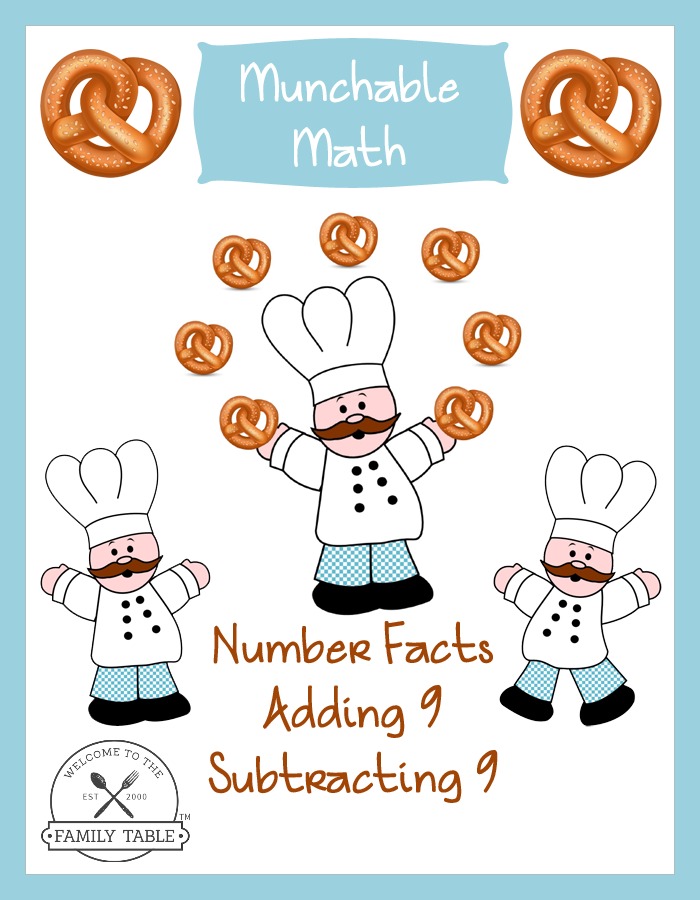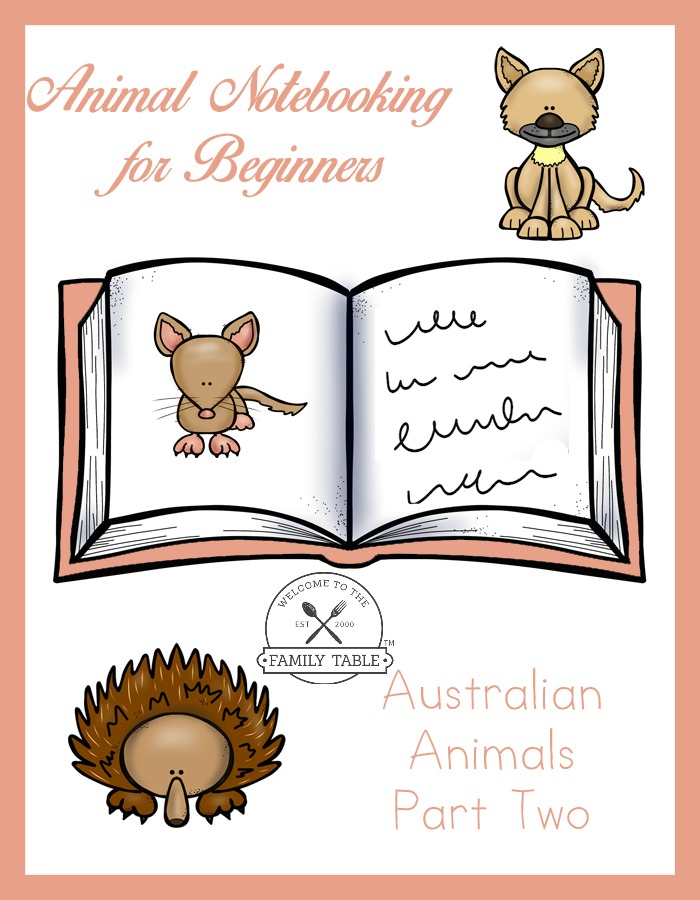Bruce Bogtrotter and the Lion
In 1988 Roald Dahl wrote a delightfully imaginative novel about a girl named Matilda. In this story, Matilda is friends with a plump young boy named Bruce Bogtrotter, who was believed to have eaten a slice of Principal Trunchbull’s favorite chocolate cake. Trying to curb his love of confections, the principal forced him to eat an entire over-sized cake so that he would no longer have the wish to eat sweets. Trunchbull stands over Bruce with threatening looks and a riding crop in hand, poised and ready to strike as he struggles to keep the cake he has already consumed down, while putting more in. Bruce finishes the job at hand and, although the story never says, I’m sure he never looked at chocolate cake the same way again.
Unbeknownst to them, our society treats schooling the same way. It provides an education on a platter that looks wonderful, but the problem lies in the fact that our children need to keep on consuming even when they no longer desire to do so. As if six-and-a-half hours of board work, tests, reading and writing assignments, flash cards, math drills, and standardized test prep weren’t enough, they continue force-feeding kids by sending them home with hours and pages of homework assignments; obviously there was more to learn in that particular day.
Albert Einstein said it this way: “It is a very grave mistake to think that the enjoyment of seeing and searching can be promoted by means of coercion and a sense of duty. To the contrary, I believe it would be possible to rob even a healthy beast of prey of its voraciousness, if it were possible, with the aid of a whip, to force the beast to devour continuously, even when not hungry.”
Shoveling copious amounts of facts into the brains of children regardless of their ability to comprehend is one of the many reasons why I homeschool my children. I’m sure it resonates with many of you as well. However, sometimes we are guilty of the same mentality.
The fantastic curriculum that we just spent a lot of money on is filled with fabulous information that will be an asset and will one day set our children up for success if only they would do the work. They doodle instead of calculate, and we insist. They daydream instead of write, and we bribe. They rebel instead of doing the assignment, and we punish. Unfinished work travels with us as we head to extracurricular activities, regardless of their lack of interest. If they still drag their feet, we make them finish before bed. We force the lions to consume even if they are no longer hungry.
Eat it. Eat it. Eat it. It’s good for you.
We make the children consume even if they are no longer interested.
Learn it. Learn it. Learn it. You’ll need this someday.
We are left with children who no longer look at learning the same way, much like Bruce Bogtrotter and his cake, or a lion and his prey.
In Deuteronomy God has something He needs the Israelites to learn. Here’s how He wants them to do it:
“Tie them to your hands and wear them on your forehead as reminders. Teach them to your children. Talk about them when you are at home and when you are on the road, when you are going to bed and when you are getting up. Write them on them on the doorposts of your house and on your gates.” (Deut. 11:18-20)
He wants them to commit themselves wholeheartedly to His words (Deut. 11:18). Some take these verses to mean rote memorization and Bible verses all over the house. I see why those things are valued, but I think these verses mean more when it comes to teaching what is important. God is telling them their lives should reflect what He wants for them and what their children need to know. It should be who they are, permeating their actions, character, and speech. The teachings should be evident in their homes and to their community. Their very lives should teach what needs to be taught without coercion, without force.
This beautiful illustration is an example to us and our teaching style as well. We need to live, speak, and reflect what we teach, not cram it down our children’s throats when they no longer seem interested. When we recognize that learning happens organically because curiosity and exploration are a part of life, and when this belief has invaded every room in our homes and every inch of our yards, then we will begin to see wholehearted learning. Like a chubby little boy who loves chocolate cake or a lion chasing a gazelle, our children’s desire to learn is innate.





Great post. This is something I feel I constantly fight as a homeschooler- am I teaching enough? Thank you for a wonderful reminder.
Melissa, Glad you felt encouraged by this post. I believe the “am I teaching enough” argument arises in heads of all homeschooling parents. We just need to be prepared ahead of time with what our answer (belief) is to (about) the question, if not we risk truly doubting ourselves, our goals for our family, and our children’s natural desire for learning. Thanks for taking a moment to comment and encouraging me as well with your words. Blessings to you and your family on this journey.